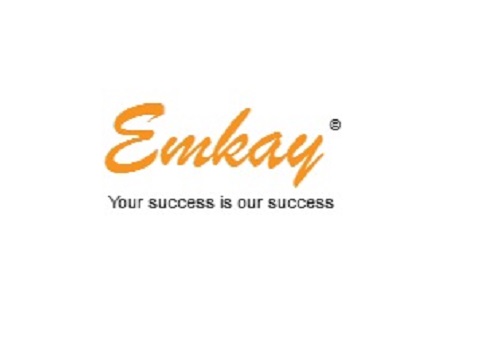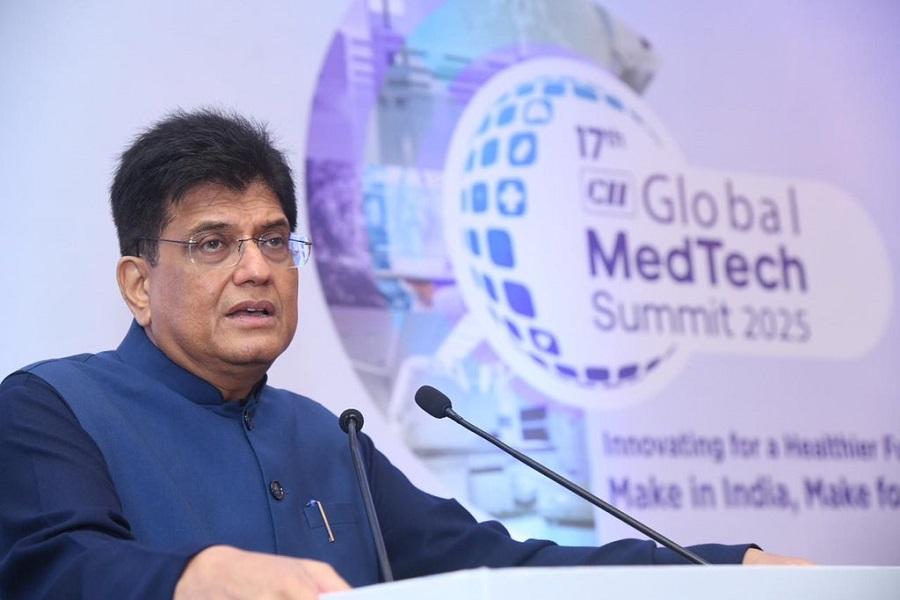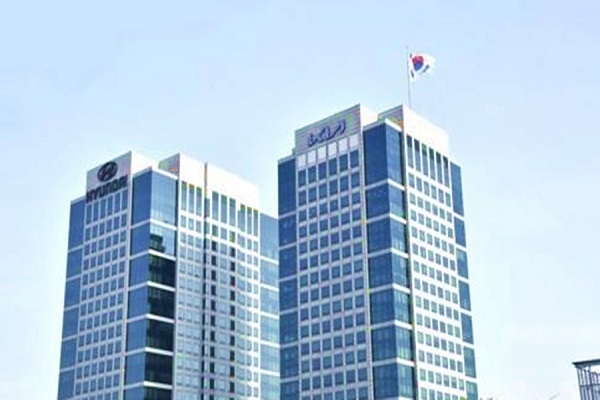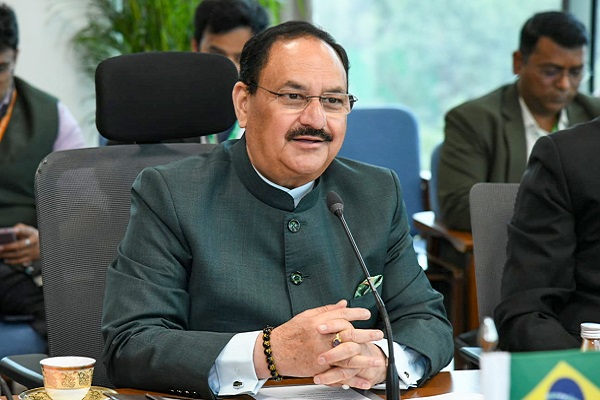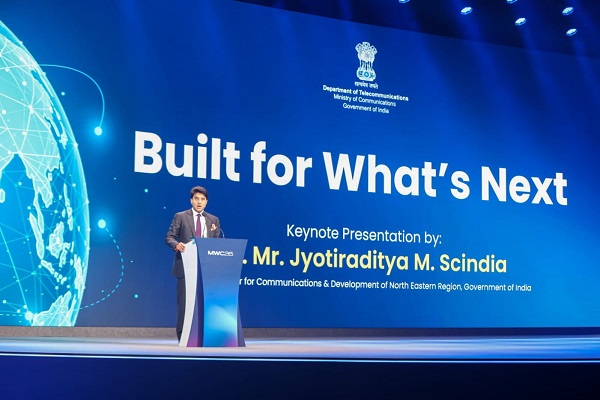City Gas: Delhi EV policy 2.0 weakens CNG growth outlook from Kotak Institutional Equities
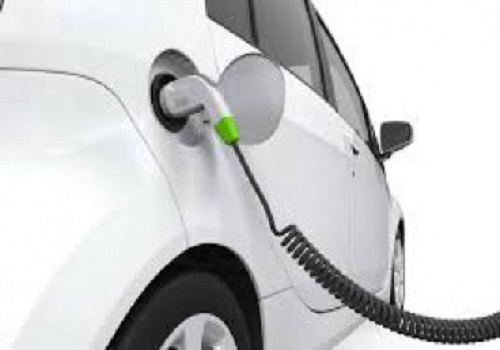
Delhi EV policy 2.0 weakens CNG growth outlook
The Delhi government’s draft EV policy 2.0 further pushes its drive to phase out CNG. It proposes that from August 15, 2025, no CNG auto-rickshaw/3W goods carrier registration will be allowed; existing CNG auto permits will not be renewed and will be replaced by e-Auto permits. It also specifies the target of moving public transport buses and garbage collection vehicles to become 100% electric. We have a grim outlook on IGL’s CNG volume growth. The new EV policy reinforces our view. With the Delhi government taking strict measures against CNG, we believe Mumbai could follow. SELL rating on IGL (FV of Rs150) and MGL (FV of Rs1,030).
Delhi EV policy 2.0 targets faster switch to EVs for all vehicle categories
According to media reports, the Delhi government has brought a new EV policy 2.0 to replace the existing EV policy 2020 (was to expire on March 31, 2025; extended by 15 days). Key proposed measures include (1) no CNG auto-rickshaw/3W goods carrier registration from August 15, 2025, (2) for existing autos, permits will be substituted/re-issued with e-auto permits, (3) all solid waste and garbage collection vehicles will be transitioned to EVs; all garbage collectors would achieve a 100% EV fleet by end-2027, (4) public buses of DTC and DIMTS are likely to be converted into e-buses and (5) private car owners with two cars can buy only an EV as the third car. The policy also proposes that no 2W running on petrol, diesel or CNG will be allowed from August 15, 2026.
We note that in 2023, with the Delhi Motor Vehicle and Delivery Service Provider Scheme, 2023, Delhi is already implementing an aggressive conversion of aggregator/delivery vehicles, with a target of an all-EV fleet by 2030.
Our volume forecasts are conservative; EV policy 2.0 reinforces our conviction
We have been bearish on IGL’s volume outlook, driven by a combination of a declining price advantage of CNG (versus petrol/diesel) and rising EV share. We have noted that the share of CNG in new autos has declined from over 90% a decade ago to below 25%. The share of 3W in IGL’s CNG volumes has declined from 18-20% to just 7-8%. Even for other public transport categories, such as buses, taxis and CVs, the CNG vehicle addition pace is slowing. Only for private cars, partly due to the OEM push, CNG vehicles were growing. The requirement of a third car as EV may slow down the pace of CNG vehicle additions for PVs.
Other large metros such as Mumbai could follow Delhi’s policies
We note that after a PIL a few months ago, the Bombay HC raised concerns about pollution in Mumbai. It suggested that, just as in Delhi, diesel vehicles can be phased out. The Maharashtra government has appointed a seven-member committee to suggest measures to replace diesel vehicles with EV or CNG vehicles. In our view, with Delhi taking measures against CNG, it may be prudent for bigger metros such as Mumbai to also opt for EVs that have zero tailpipe emissions. In our view, with BS-VI norms, the tailpipe emission for diesel/petrol vehicles will not be much inferior to CNG. Thus, the switch should be for EV and not for another fossil fuel such as CNG, in our view.
Above views are of the author and not of the website kindly read disclaimer









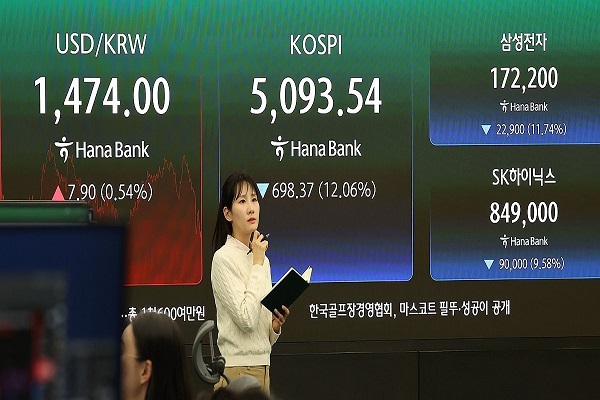
More News

YouTube Unveils New AI Tools and Strategic Partnerships to Fuel India's Knowledge and Creati...
